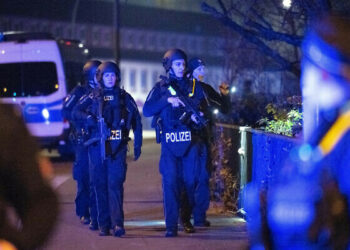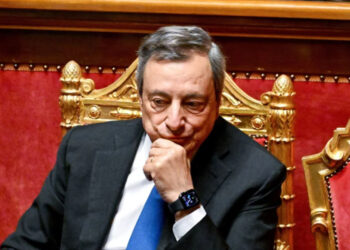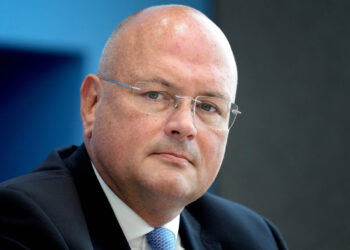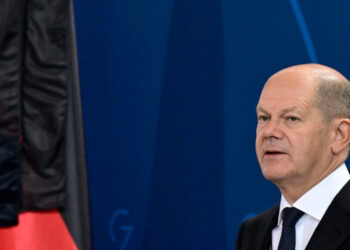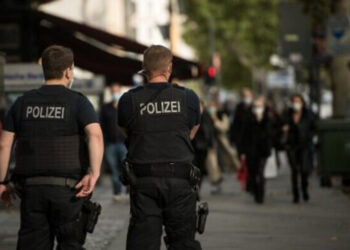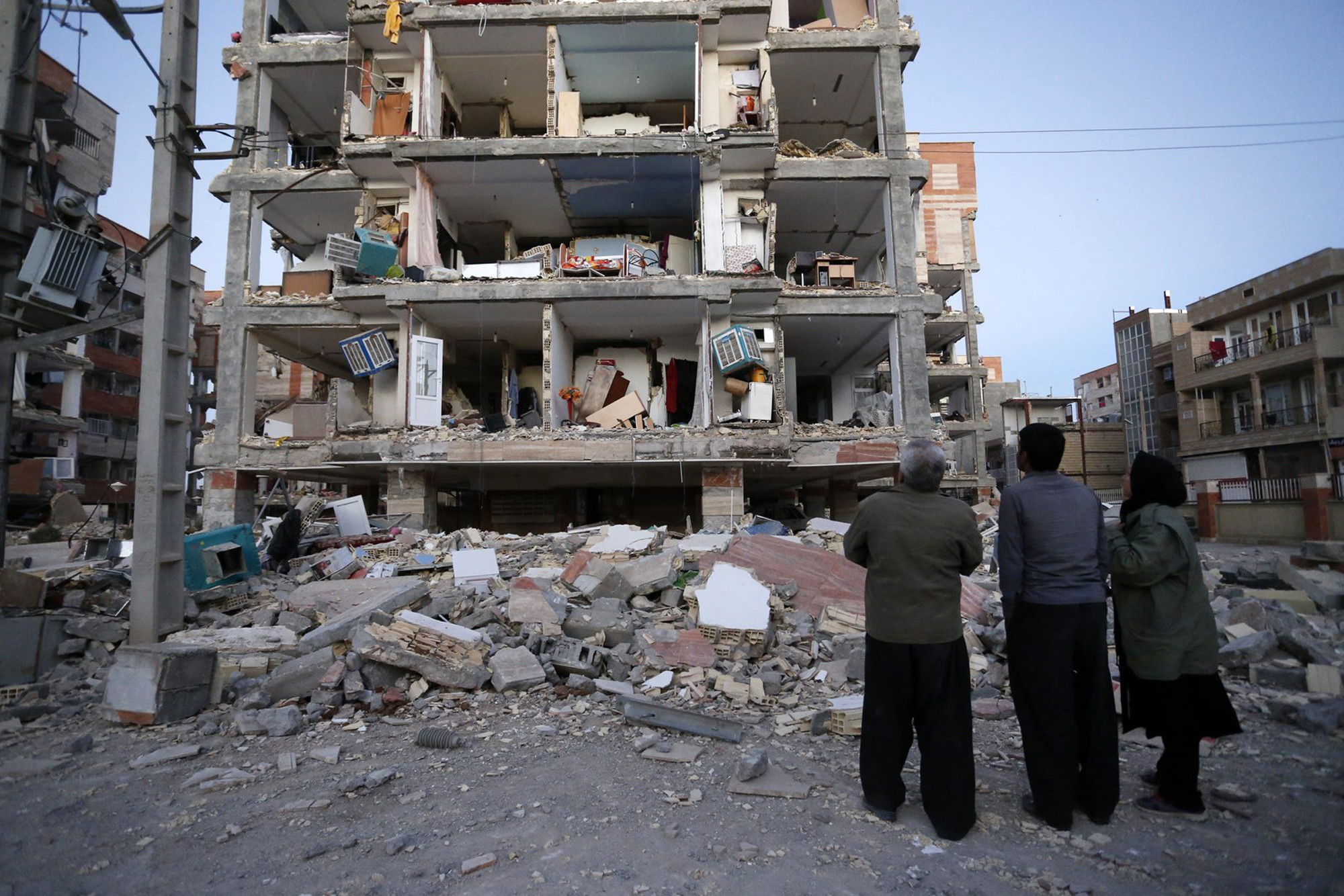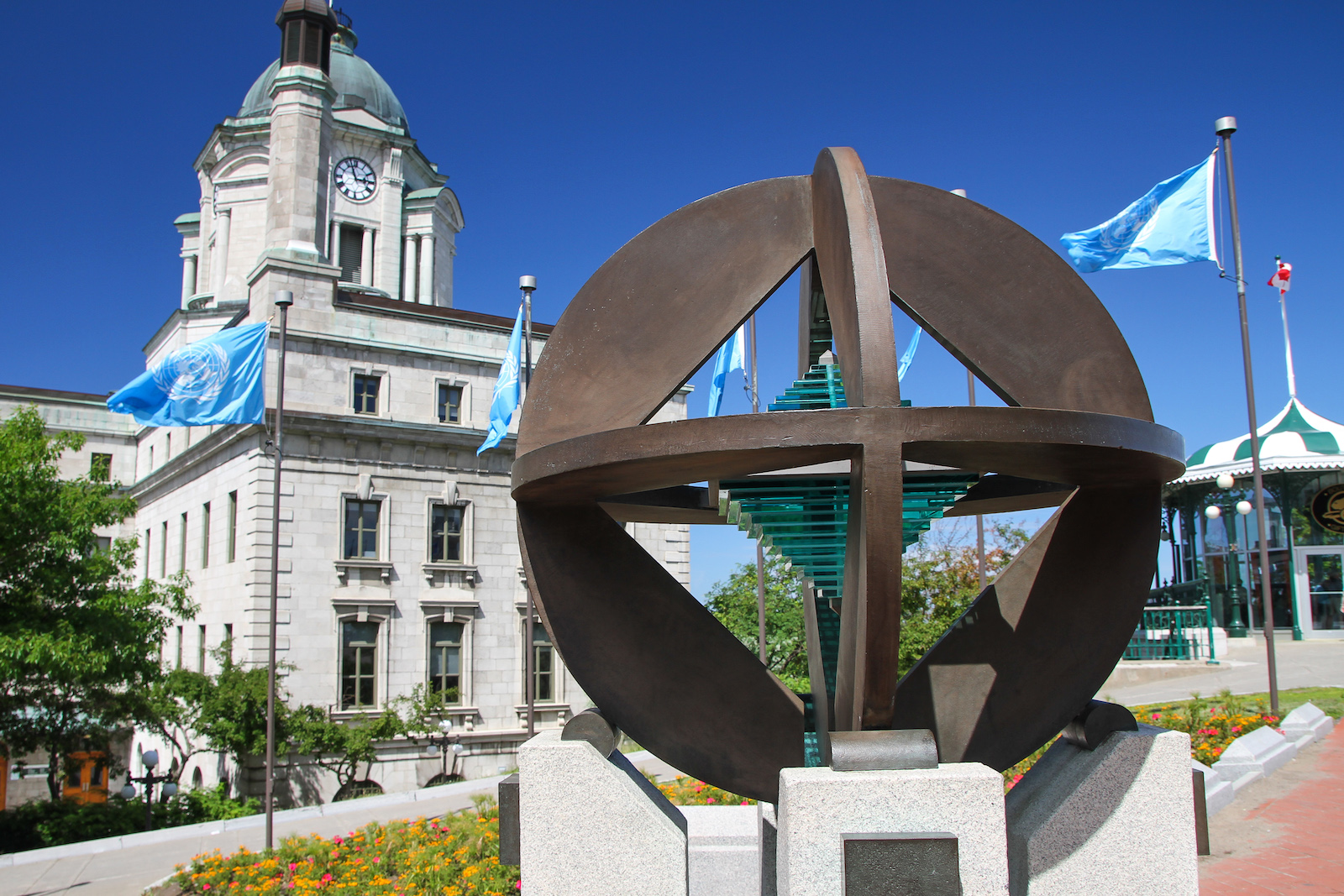Germany has entered uncharted territory: nearly two months after the country held its general elections, three parties – Christian Democratic Party (CDU), the Greens and Free Democrats (FDP) – are attempting to form a coalition.
A three-party coalition government would be a new development for the country, but German Chancellor Angela Merkel appeared optimistic on Sunday, despite some unresolved policy differences among the negotiators.
“In my opinion, with some good will we can achieve a solution,” Ms. Merkel said, as quoted by Deutsche Welle. She added that “if that’s the case, we’ll see anyway by the end of the week.”
In September, Ms. Merkel retained her nickname “Mutti,” or “Mother,” as she won her fourth term as Germany’s chancellor.
Ms. Merkel and her CDU, a conservative party, claimed victory with 26.8 percent of votes. The Social Democratic Party (SPD), the second major political party in the country, gained 20.5 percent of votes, and announced that it would be leading the opposition instead of forming a coalition with the CDU.
On October 18, the consolidation talks to form so-called the Jamaican Coalition started. The nickname was coined based on colors that represent the three different parties – black for the CDU, yellow for Free Democrats and green for the Green Party.
The coalition can potentially unite for the first time the three parties that have been rivals and which heavily disagree on immigration as well as on almost any other key issue such as taxation, education and, most distinctly, environmental issues.
“The most difficult issue is energy and climate change and I could see the negotiations ultimately breaking down over that issue,“ Thomas Berger, associate professor of International Relations at Boston University, told The Globe Post.
The goal of the coalition talks is to find out whether the leaders of the three parties can find common ground on the key issues. They have until November 17 to arrive at a conclusion.
FDP leader Christian Lindner said last week there was a “50-50 chance” that the talks would collapse. If that happens, Germany may have to hold another election. However, analysts and politicians agree that this would be a disadvantage for any of the three parties and “the results would most likely be a return to the current situation,” Mr. Berger said.
Jonathan Zatlin, Associate History Professor at Boston University, told The Globe Post that another, more likely option would be that Ms. “Merkel will govern via a minority coalition, looking to the SPD and Greens to guarantee specific votes, especially when it comes to the E.U.”
Making the new Jamaica coalition work would require effort and compromise.
Mr. Berger feels positive about this endeavor. “Germany over the course of the past sixty years has shown a remarkable ability to create a democratic consensus despite deep, underlying differences on a range of issues,” he said.
New Political Landscape
While the CDU and the SPD election results were predictable, another party – far-right Alternative for Germany (AfD) – made history entering the parliament with 12.6 percent of votes. To many politicians AfD’s strong showing came as a shock, although polls had suggested such an outcome. With the far-right placing among the top three parties and entering the country’s parliament, Germany’s political landscape traversed into unknown territory.
“Whether Germany will politically follow a more right-wing course or not, depends on which party will find answers to the fears and concerns that drove the people to the AfD. However, after having analyzed many surveys, I do not think that the AfD is an extremist party, but predominantly represents middle-aged, working men of the middle class with predominantly no right-wing ideas,” Jorg Schönenborn, election analyst for the ARD, the German national TV channel, and chief director of the WDR Channel, told The Globe Post.
Founded in 2013, the AfD quickly rose to popularity due to its anti-immigration stance. Subjects like immigration, internal security, and family values had been key to the 2017 election.
Ms. Merkel repeatedly used the term “alternativlos,” or “alternative-less,” to explain some of the policy decisions. The AfD attempted to address these ‘missing alternatives’ and managed to funnel the concerns of many people who felt not represented by established parties.
The AfD campaigned with easy solutions to complex problems. By doing so, “the party managed to draw many voters from the established parties and even mobilized about one million voters who had not voted in the election in 2013,” Mr. Schönenborn said.
Jana Puglierin, the head of the program at the Alfred Von Oppenheim Center For European Policy Studies, told The Globe Post that among other concerns, “Angela Merkel’s refugee policy might have been the main reason for many former CDU voters to change horses.“
Ms. Merkel “was personally blamed for ‘opening the gates’ and for having destroyed Germany,” she noted.
Horst Seehofer, leader of the CSU, the CDU’s Bavarian sister party, had proposed a cap on the number of immigrants throughout his campaign, but the idea was long-ignored by Ms. Merkel.
However, after the election, Ms. Merkel agreed to a flexible cap set at 200,000 refugees per year, but with the Bundestag having the last word in the decision.
“We will have to win back those who voted for the AfD by solving their problems, by taking on board their concerns – their fears in some cases – but also by demonstrating good policymaking,” the chancellor said, indicating that the immigration policy could have been one of the main factors that drove voters to the AfD.
Mr. Berger said the big problem with the limit for refugee admissions is that it made the coalition negotiations with the Greens and the FDP much more difficult.
“The Greens are against strongly against the quota. So the question then becomes what the CDU can offer the Greens in return to win their acceptance,” he added.
Mr. Berger also believes the admissions cap could be an attempt by the CDU to win some conservative voters back. This would be difficult to achieve, however, since “the AfD has now established itself firmly in the landscape of party politics in Germany.”
Mr. Zatlin said that despite its international ties, Germany remained a surprisingly insular country.
“Germans have managed to escape any real interaction with cultural diversity, and they were simply not prepared, politically or otherwise, to take people in who are so different from their own self-image,” he added.
According to Mr. Schönenborn, many people feared losing the living standard they have been working for, possibly consumed by immigrants who would use large sums of taxpayers’ money or take away their jobs.
Ms. Puglierin noted that some CDU voters had accused Ms. Merkel of having betrayed the principles of conservatism. She added that they could also be tired of having the same chancellor for 12 years.
Analysts, including Mr. Schönenborn, agree that the 2017 German election was a form of protest and, the result of the lack of alternative parties that could possibly initiate a new beginning with fresh ideas.
Mr. Zatlin explained that both the CDU and CSU needed to understand their constituencies better.
“They need to make better arguments about the virtues of liberal democracy and international trade. But they also need to make clear the benefits of taking in refugees, from alleviating strains on the labor market and on the changing demography to the threat of racism,” he said.




